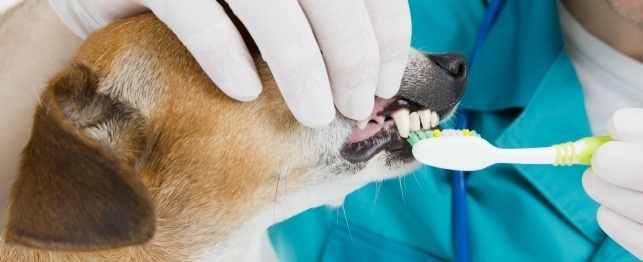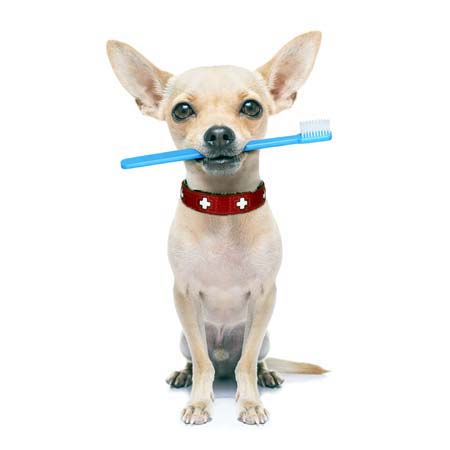

Dogs
Simple things like exercise can make a big difference in your dog's health. Do you ever wonder if your life is destined for one veterinary bill after another? I do! With five dogs and five cats, it seems I'm running to the veterinary clinic several times a month for everything from medications to sutures to acute lameness. Just when I think everything is under control - one of the dogs swallows a thumb tack. Or our "rescue" cat tears the cranial cruciate ligament in both his knees-requiring surgery to the tune of $3,000. Our bionic stray now has better knees than I do.
Americans spent an estimated $28 billion for veterinary expenditures in 2011, according to the American Veterinary Medical Association's (AVMA) 2012 U.S. Pet Ownership & Demographics Sourcebook, with $19.8 billion of the pie chart going to canine veterinary expenses. The AVMA estimated that dog owners spent on average $378 per year for veterinary care in 2011 - mainly for physical exams, vaccinations, drugs or medications (I spent that on my last visit!). However, the American Pet Products Association Inc., (APPA) estimates a 2013 figure slightly higher at $852, which includes routine veterinary care and surgical procedures.
Whether your own veterinary bills fall lower or higher than these averages, chances are you could save some money. Preventative care is key to reducing veterinary expenses.
To keep a leash on your veterinary costs, consider these 11 proactive steps:
 CHF and Zoetis Podcast Series Pregnancy Diagnosis
The AKC Canine Health Foundation (C
CHF and Zoetis Podcast Series Pregnancy Diagnosis
The AKC Canine Health Foundation (C
 Dog Dental Care Prevents Tooth and Gum Pain
Your dog depends on you to help him
Dog Dental Care Prevents Tooth and Gum Pain
Your dog depends on you to help him
 Dog Bad Breath Causes and Remedies
The Ca
Dog Bad Breath Causes and Remedies
The Ca
 Lyme Disease in Dogs: Symptoms, Testing, Treatment, and Prevention
What is Lyme disease?
Lyme disease
Lyme Disease in Dogs: Symptoms, Testing, Treatment, and Prevention
What is Lyme disease?
Lyme disease
 Most Popular Dog & Puppy Names
Top 150 Dog Name List
The na
Most Popular Dog & Puppy Names
Top 150 Dog Name List
The na
Copyright © 2005-2016 Pet Information All Rights Reserved
Contact us: www162date@outlook.com